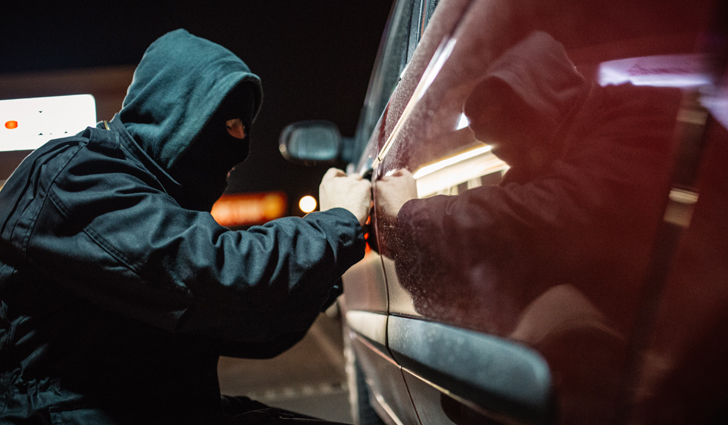Vehicle cloning: buyer beware
Buying a vehicle this tax season? Beware of cloned vehicles.
Vehicle cloning is a sophisticated scheme that has gained more traction among auto thieves in recent years. This form of vehicle theft victimizes both the stolen vehicle owner and the stolen vehicle purchaser and can go unnoticed when people purchase a used vehicle without doing research.
The HEAT program works to educate citizens on how to prevent auto theft in addition to the offenses that are often linked to auto theft. Therefore, it is important to know what vehicle cloning is, how it happens and how to avoid buying a cloned stolen vehicle.
What is vehicle cloning?
Vehicle cloning is a lucrative crime that occurs when criminals copy the VIN number from a lawfully owned and documented vehicle and use it to create duplicate VIN tags for another vehicle of a similar make and model.
How does vehicle cloning happen?
Vehicle cloning begins when a criminal copies the VIN number from a legally owned vehicle, either in a parking lot, on the street or even at a vehicle dealership. Next, the VIN is copied, counterfeit VIN tags are produced and placed on a stolen vehicle. Criminals also produce additional false documents to accompany this cloned vehicle.
Once vehicle cloning is complete, the criminal sells the car to a dealership. Unsuspecting buyers who research the VIN of this vehicle will find records of the original legally owned vehicle. The buyer then unknowingly purchases a stolen vehicle.
How can you avoid buying a cloned stolen vehicle?
Select a reputable car dealer and always be cautious of any deal that seems too good to be true. If you’ve found a car you’re interested in purchasing, take steps to ensure it’s not a clone.
Inspect the vehicle’s VIN placements for signs of tampering, including scratches or damage that indicates tampering. Ensure the VIN’s match within the vehicle. A trusted mechanic can also perform this investigation when inspecting the vehicle and its parts.
Finally, do your research. Conducting a used car history report, title search and verifying the VIN online will all help to identify potential cloned vehicles. Inconsistencies of information between the VIN, vehicle title, history report and vehicle registration documents may be an indication of foul play.
